July 2023 Backpacking
Nowadays, I travel overland. This is a personal choice based on the disastrous climate situation in which we know, absolutely, that air travel contributes so much to the amount of carbon which is in the atmosphere.
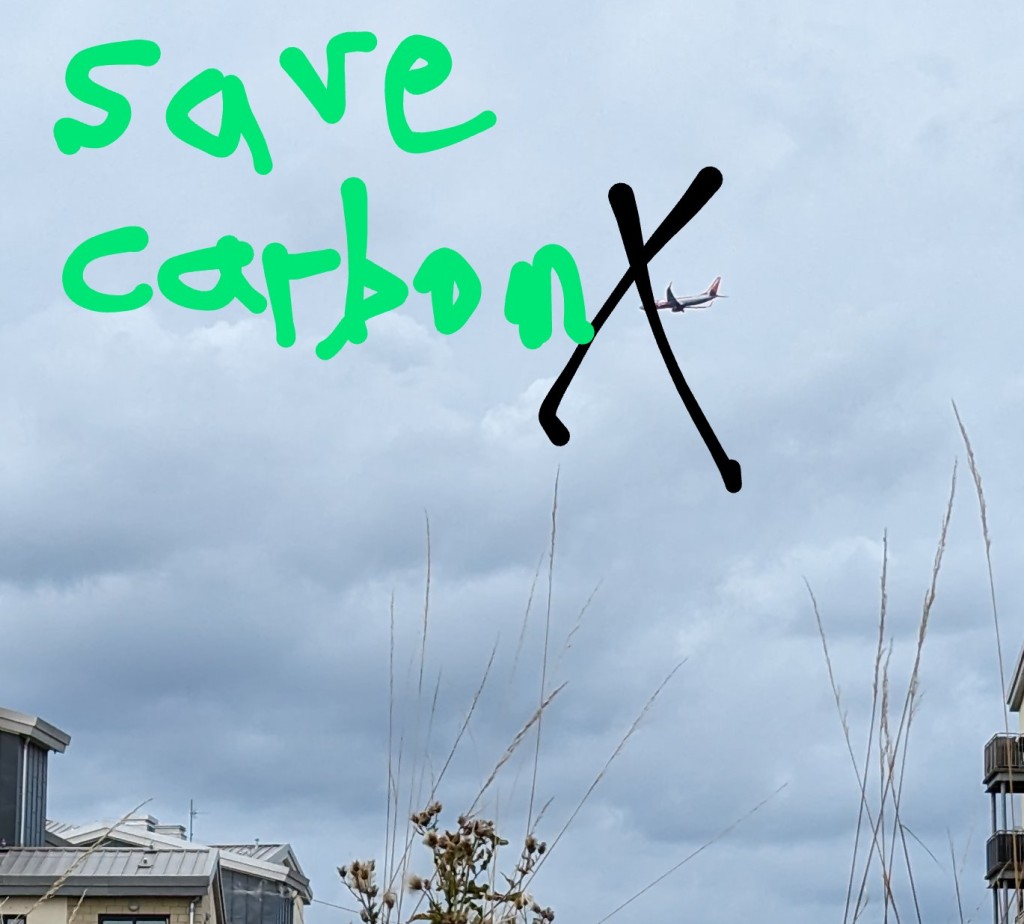
The first time I went to Greece this year, it took me 10 days to travel back to Edinburgh from Athens, though I broke my journey at each place named. I went from Athens, o/n by bus, to Budapest via Belgrade – Berlin (bus) – Amsterdam (bus) – Hook of Holland (metro) – Harwich (ferry) – London (train) – Edinburgh (train). I announced on social media that I was doing this and asked if anyone wanted to do a Shiatsu-hospitality swap. I received invitations in reply, so it took longer, however I was able to renew friendships, give Shiatsu, see new places and much more besides.
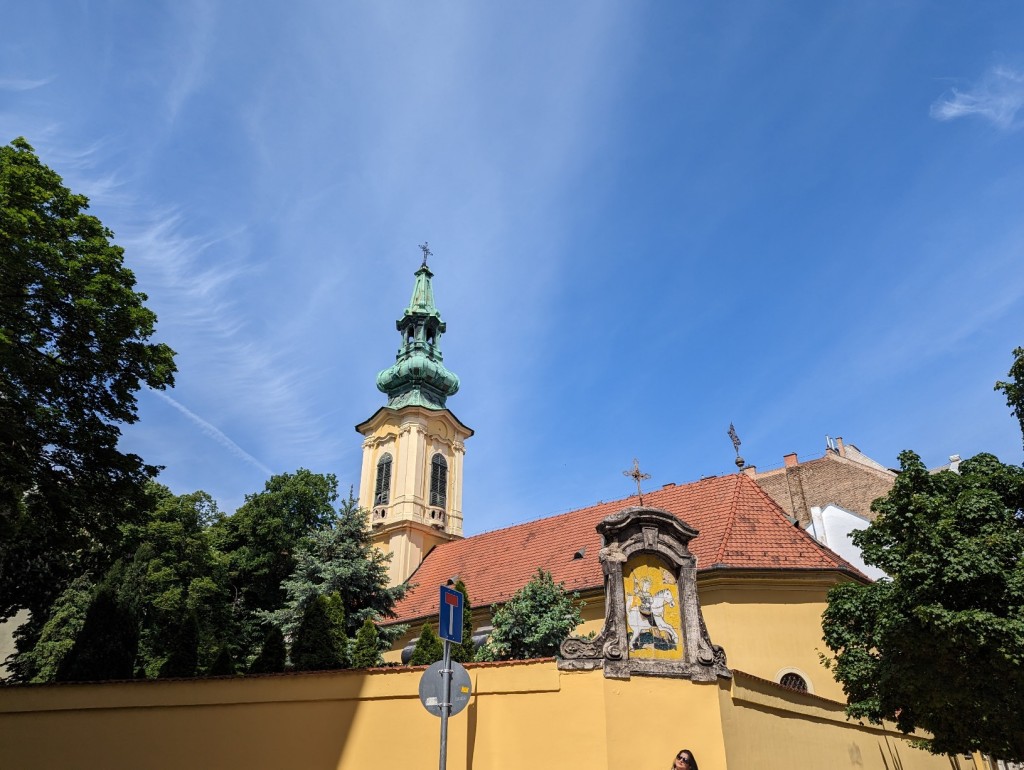
It was more expensive, but more fun than flying, when I’m picked up and put down without seeing the places I am travelling through and am discombobulated by the speed and height.
Some people go slow because their body doesn’t go fast or because they have small children who wander and stop a lot to smell the roses. I tend to walk slowly a lot of the time, meandering and following my fancy, heeding the landscape ‘s call like psychogeographers do. You can’t rush easily with a huge rucksack anyway, not unless you want to rupture something.
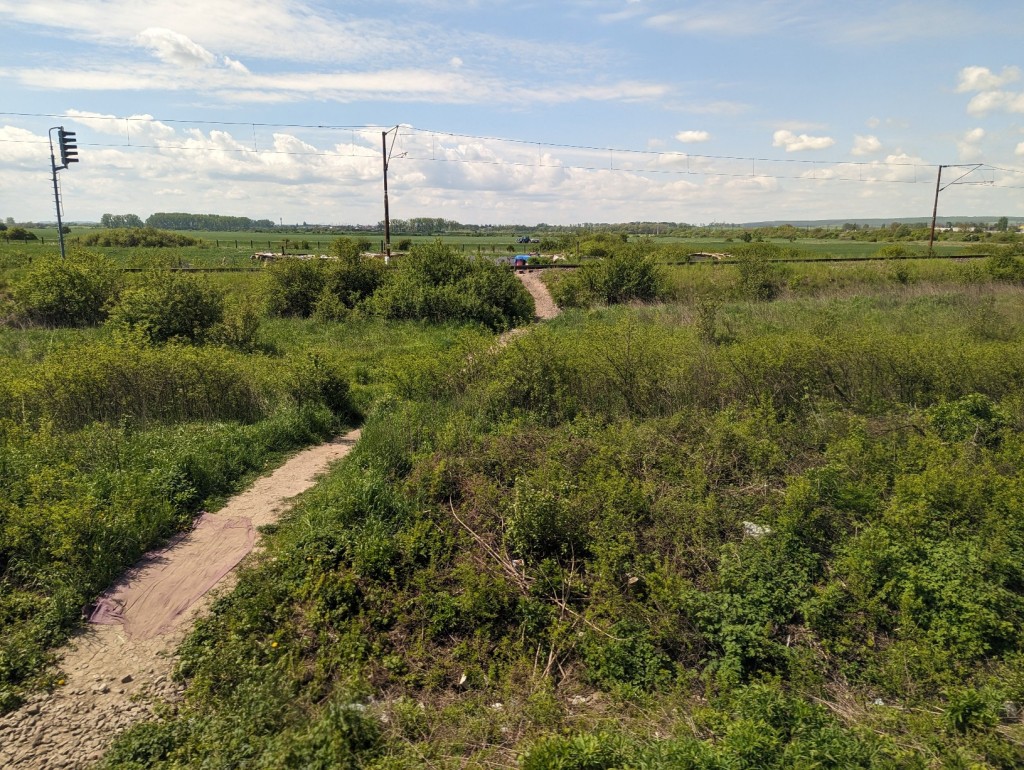
It’s a privilege and a choice. I do usually travel as cheaply as possible, exchanging as I go where possible, and I giving up work to do it, hoping that I will find a way to live somehow. One day, who knows, my book will get published and I’ll make some money with it! In the meantime, I consider myself to be lucky.
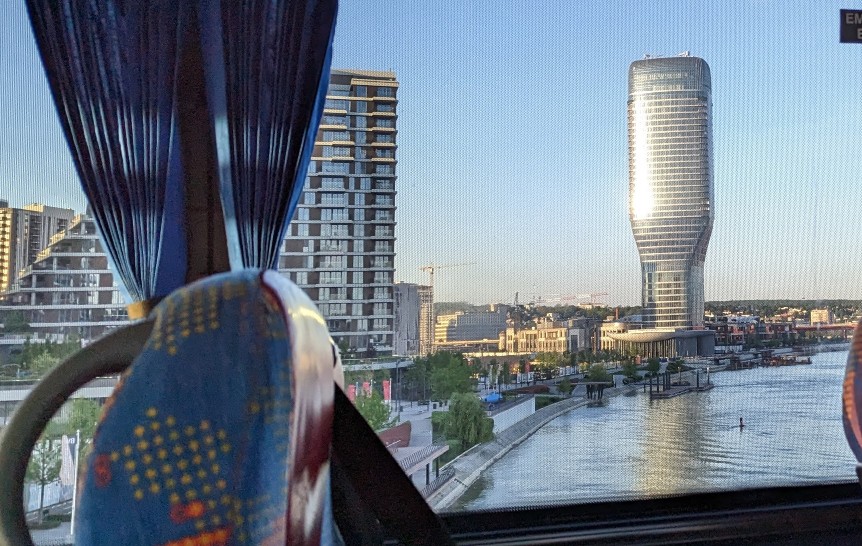
There is plenty of time for rest, reflection and reassessment which is vital for a satisfying life. Instead of rushing from one place to another, there is time to look and smell and have good conversations.
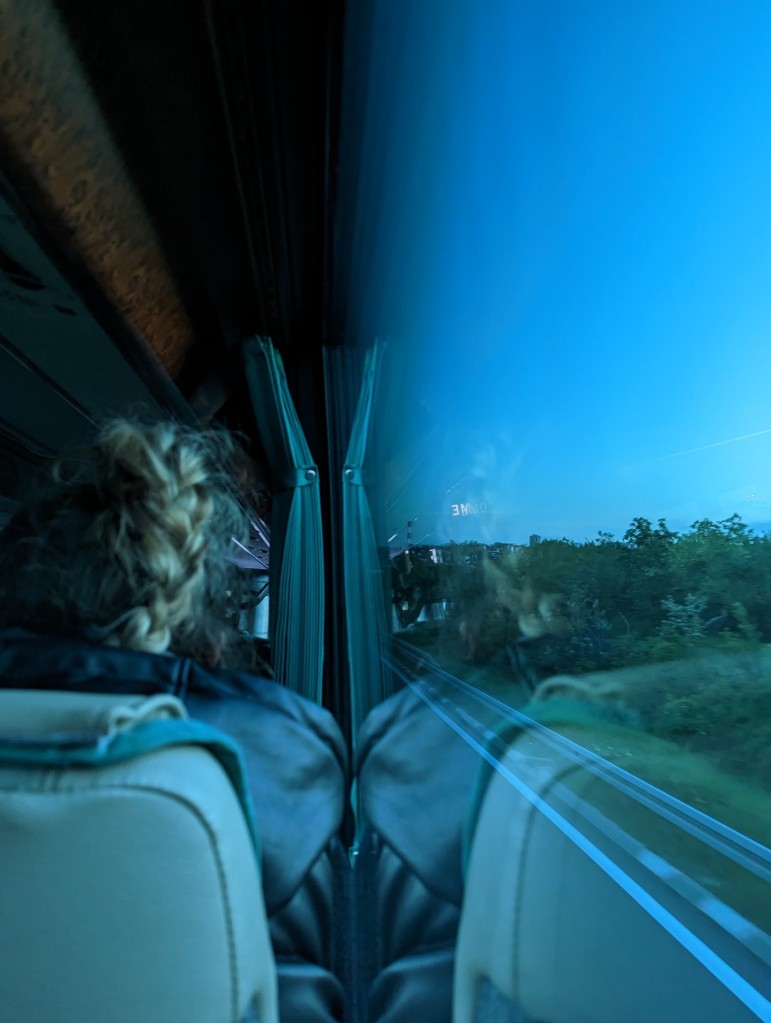
Overland from Edinburgh to Greece, return.
The second time I made the journey, I went by train and ferry through Italy.
I bought an Interrail ticket: 7 days used within 1 month costs £352. In retrospect I suspect it was not worth it. It is a great deal of hassle trying to understand the system and negotiate the website, plus I turned into a Senior traveller in the middle of this period and they were unable to cope with that. It’s cheaper if you’re older or younger.
Day 0 Edinburgh to London
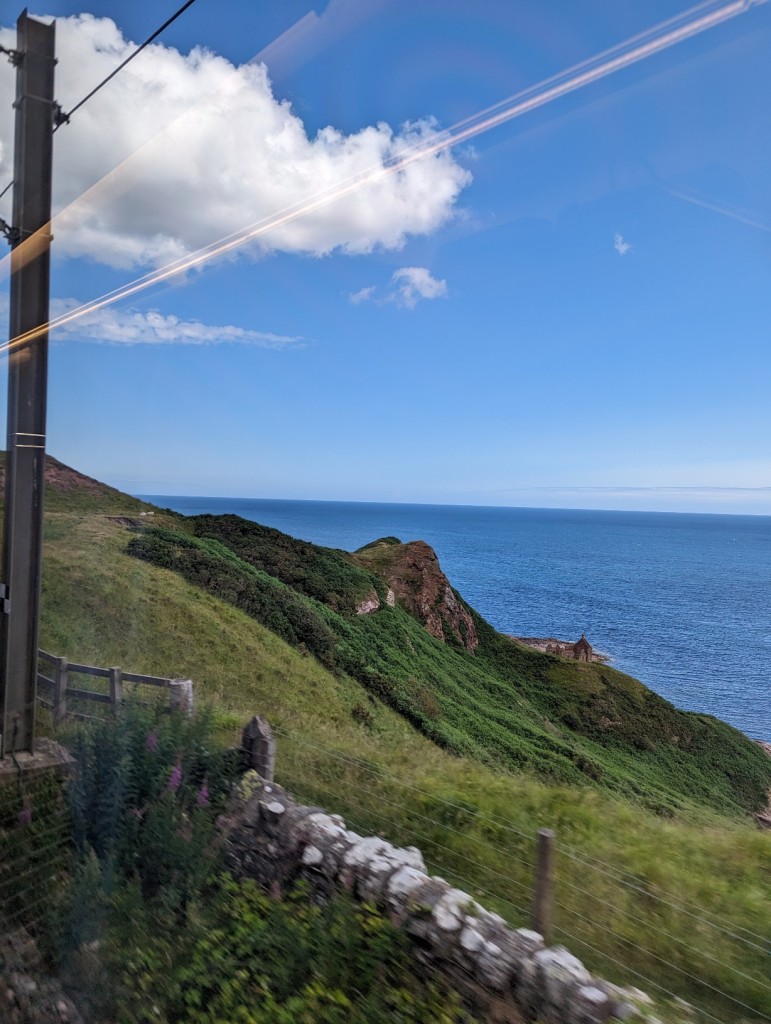
Edinburgh Waverley – London Kings Cross by LNER train (not included). Prices vary – easy to use website.
Day 1 of the interrail ticket: London to Paris
London St Pancras – Dover by South Eastern Trains (free) on time. It takes 30 minutes plus to walk to the port though there is a big Marks and Spencer food shop on the way (just a little detour) and sight of both the castle and the sea.
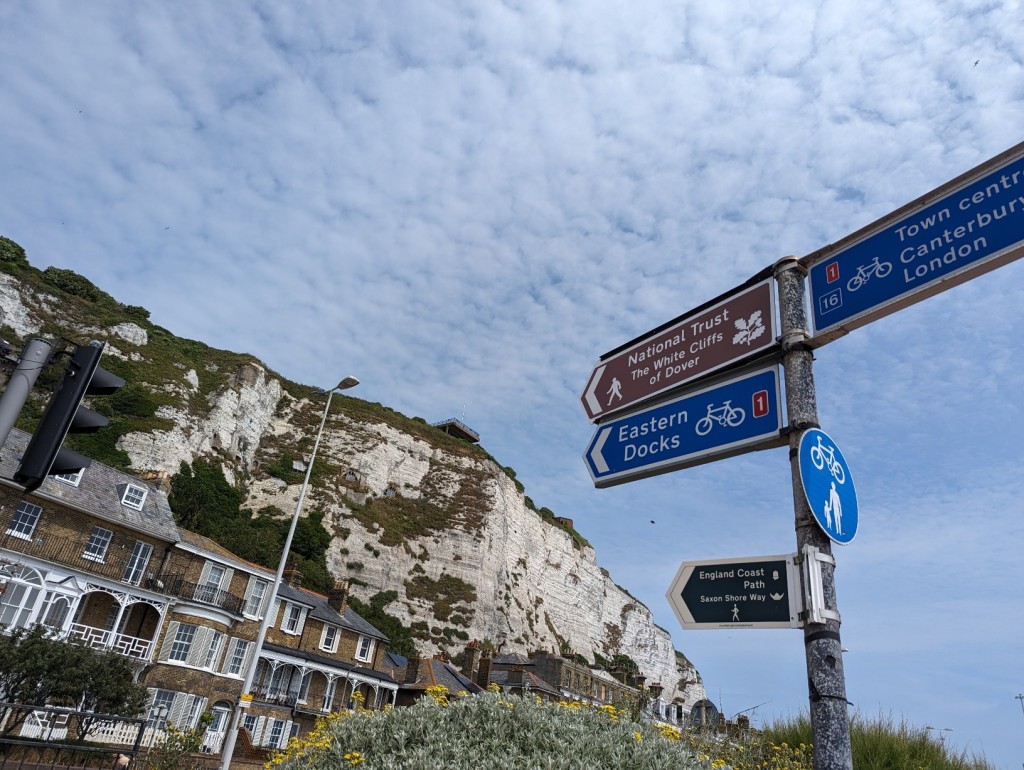
Dover – Calais by P&O (free) on time. Cost: £30 one-way, for foot passengers.
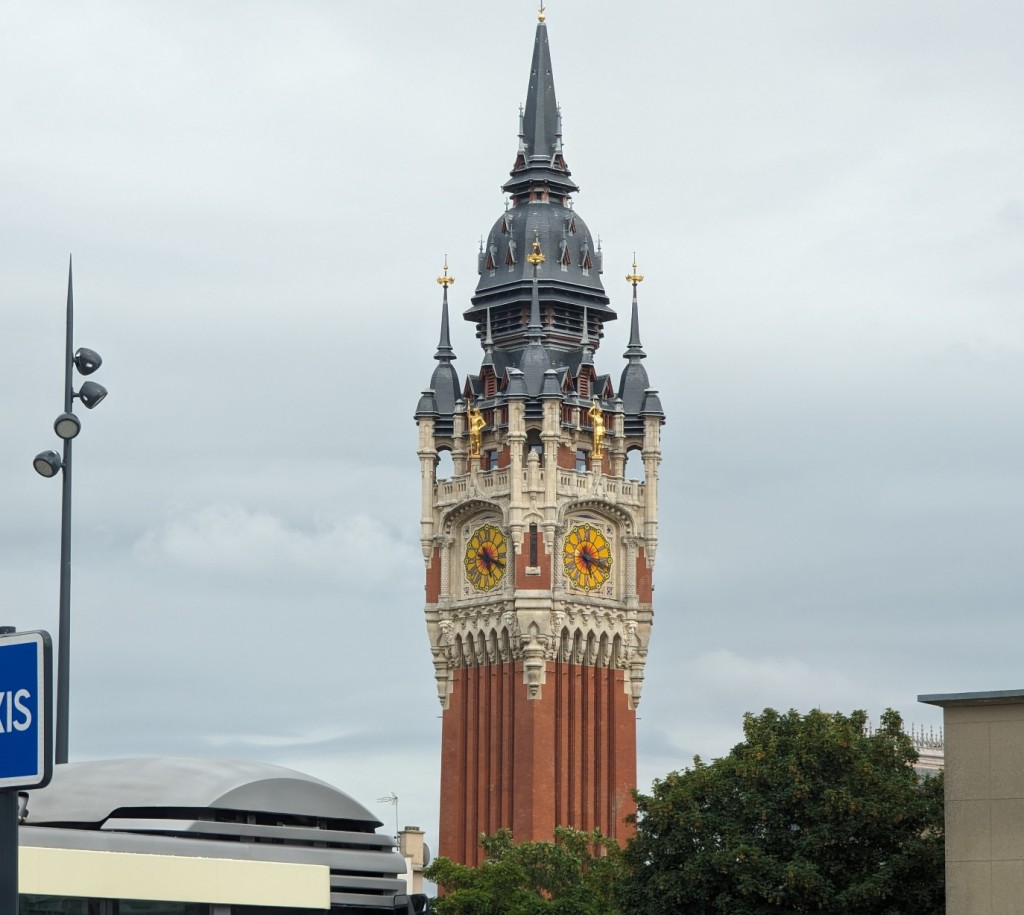
You can, of course, take the Eurostar train which is efficient, but to use the interrail, you must book months in advance. It is also very expensive and beware their promise of ease of cancellation and transfer to another journey. It is easy, but can only be transferred to a journey in the same direction, and is very expensive (a last minute change I had to make due to a bus delay, see below, cost an extra £130).
Calais – Paris Est (East) by SNCF train (free with the Interrail ticket) delayed
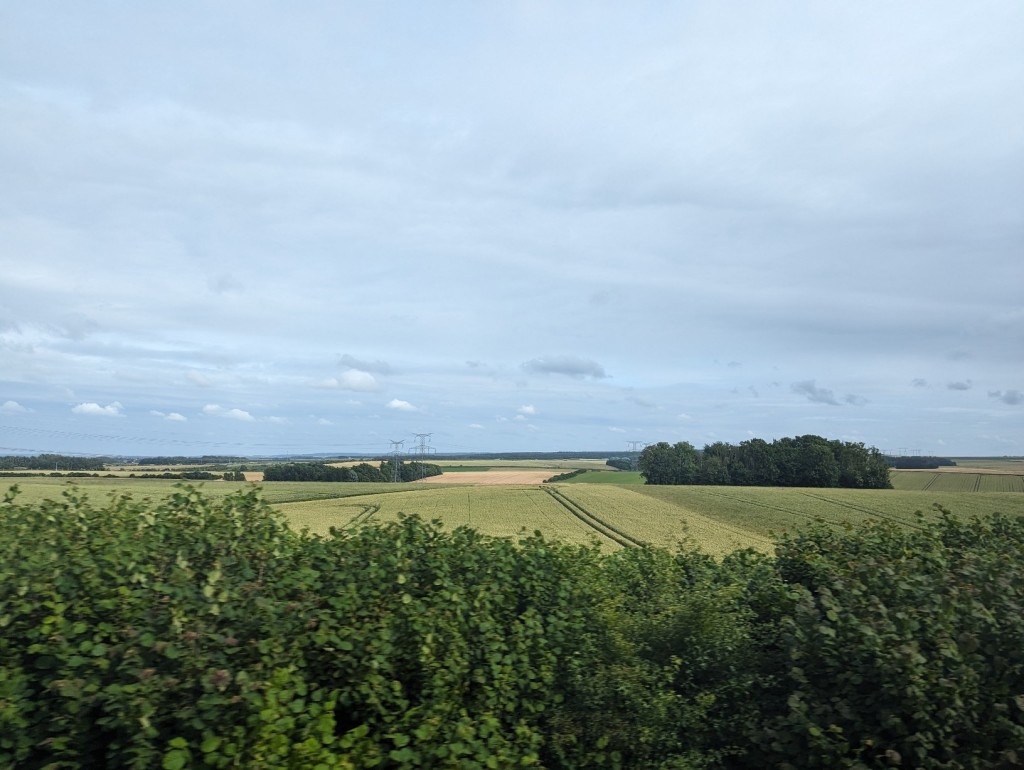
I stayed o/night with a friend – very many thanks for the bed and patience at the lateness of my arrival.
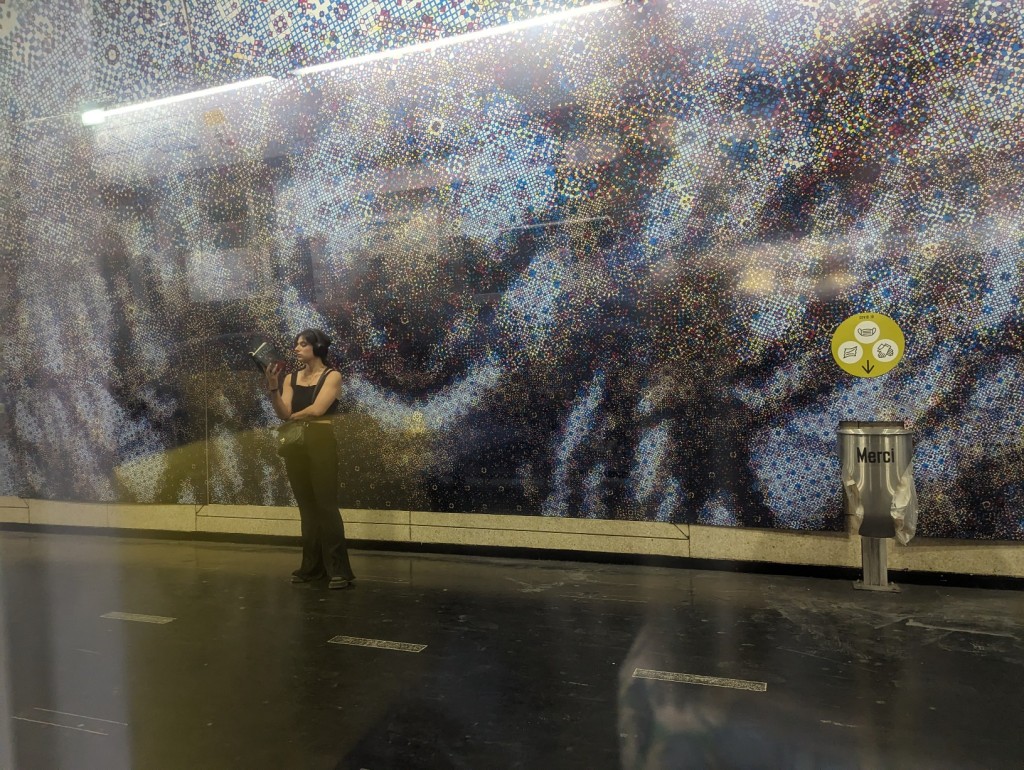
Day 2 Paris to Bari
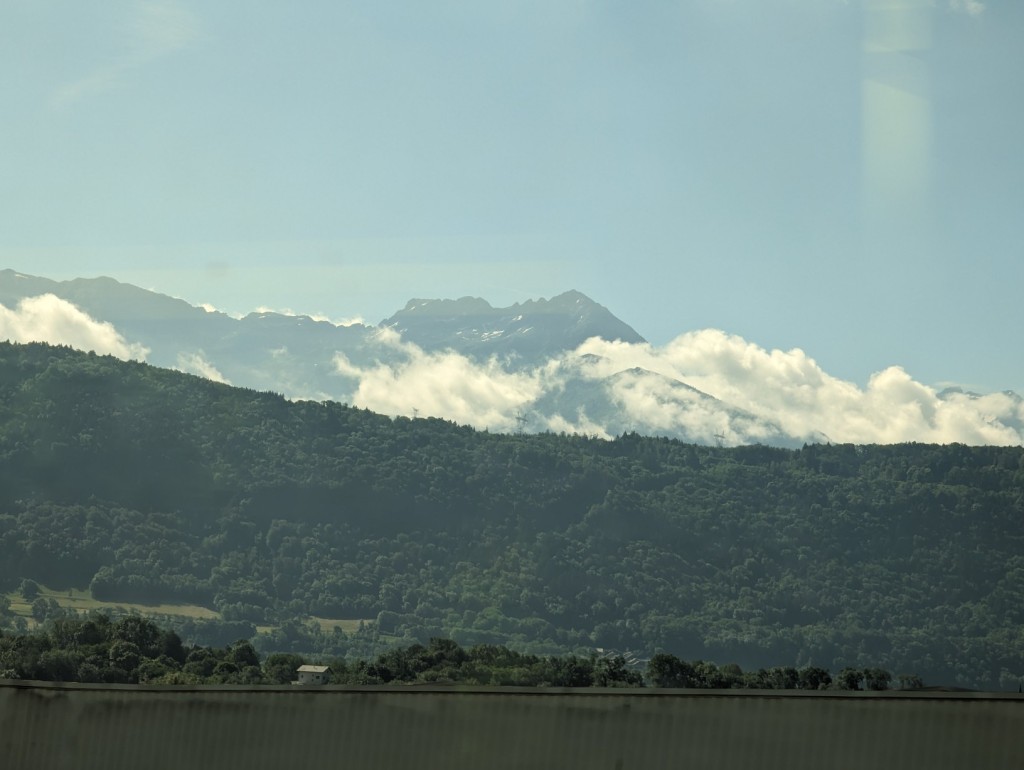
Paris Nord (France) – Milan (Italy) – Bari (Italy) by SNCF and Trenitalia trains, all booked in one ticket, but BEWARE the interrail website did not allow enough time to cross from one side of Milan to the other, so I missed the connection. Remember to check! There is a Last Minute Ticket Booth at Milan and after quite a time in the queue, the woman managed to book me onto the later train without charging me a second seat booking fare, for which I was immensely grateful.
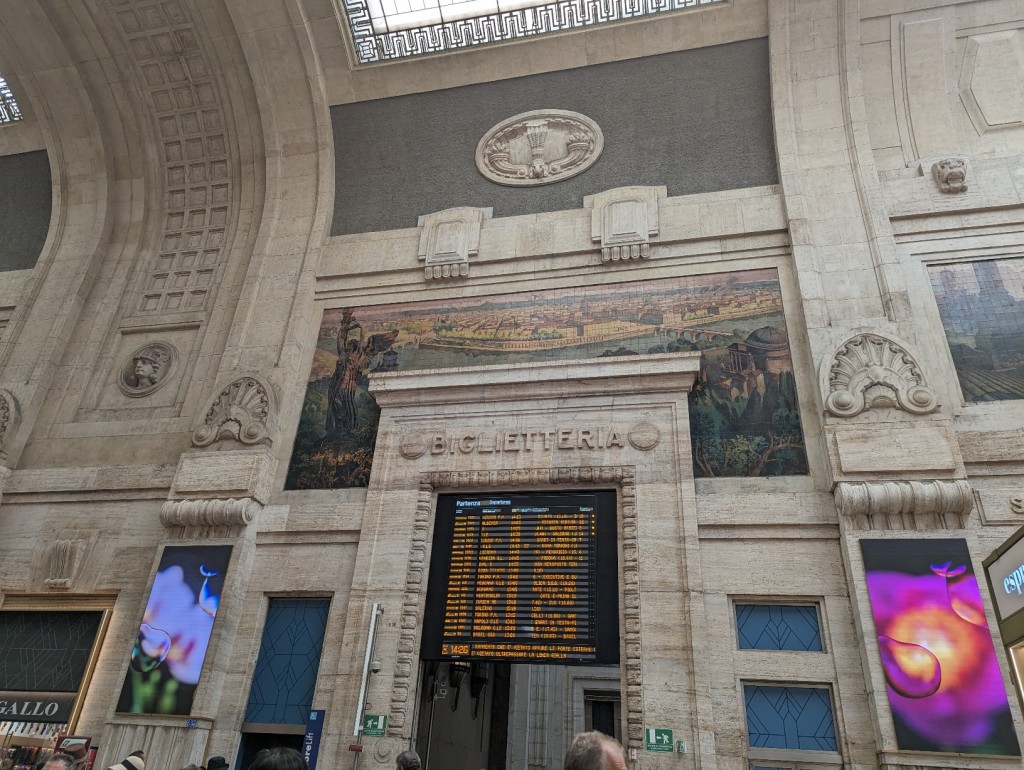
What you could do in Milan – bask in the sun, fill up your water bottle using the safe fountain in the square outside the station, eat a tuna salad at the Pizzeria near the station (good salad, stale bread, patchy service).
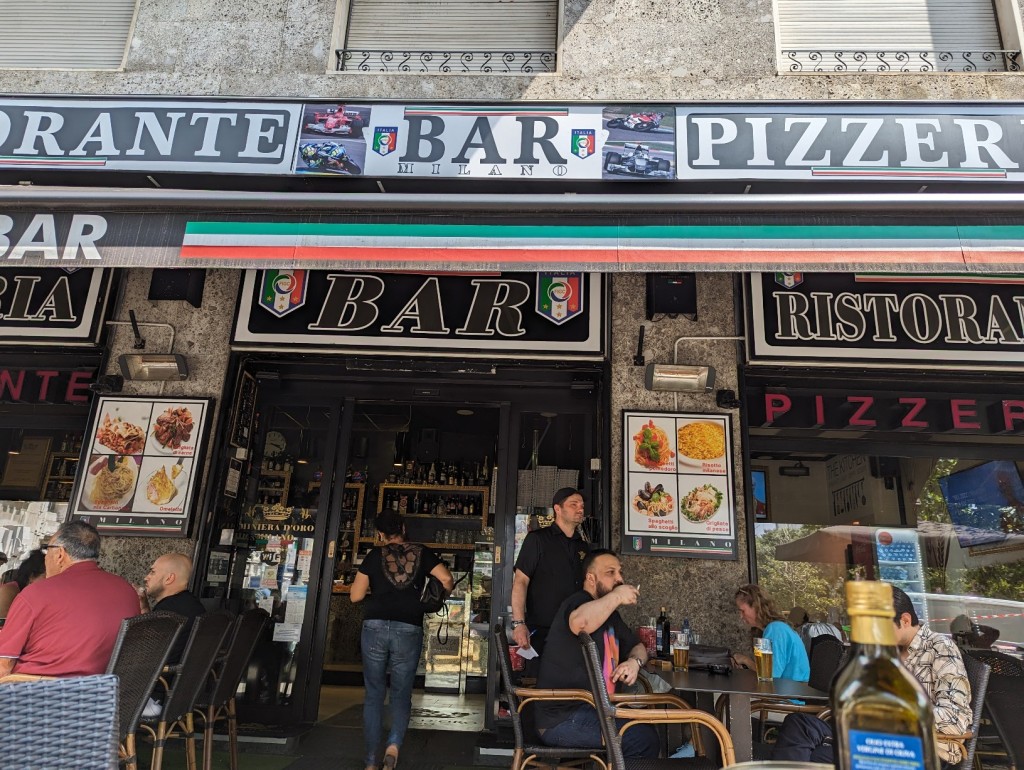
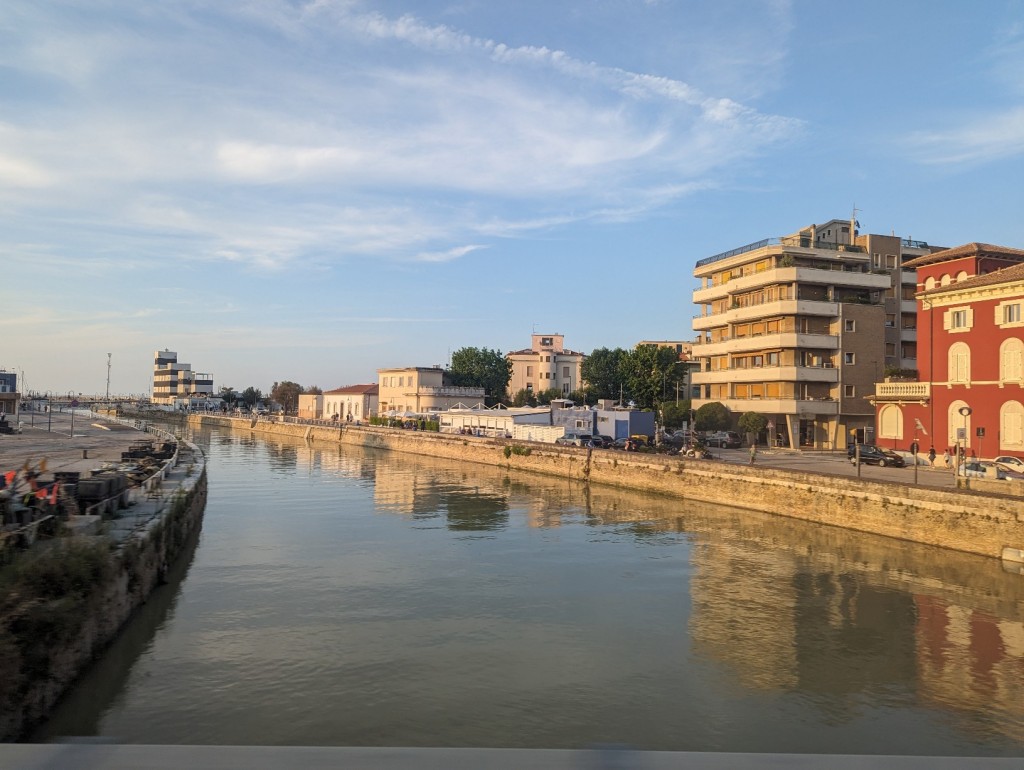

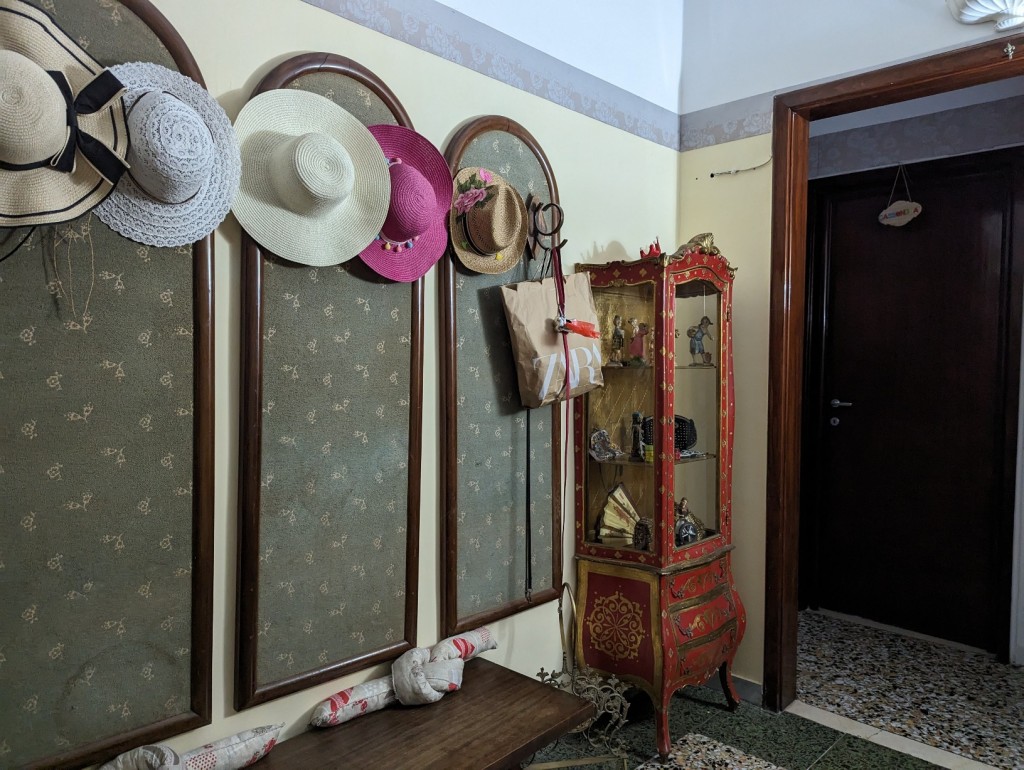
I recommend Movida Blablabla, a hostel for E35 in a 6-bed all-female dorm. They accepted my very late arrival (after midnight) when I explained that it was due to the train delay though they did ask for €10 extra initially. +kitchen, dining room decor, better than normal toilets and shower (hand-held in the bath). – only the usual heat and noise from a dorm sleeping situation.
Day 3: Bari, Italy to Igoumenitsa, Greece
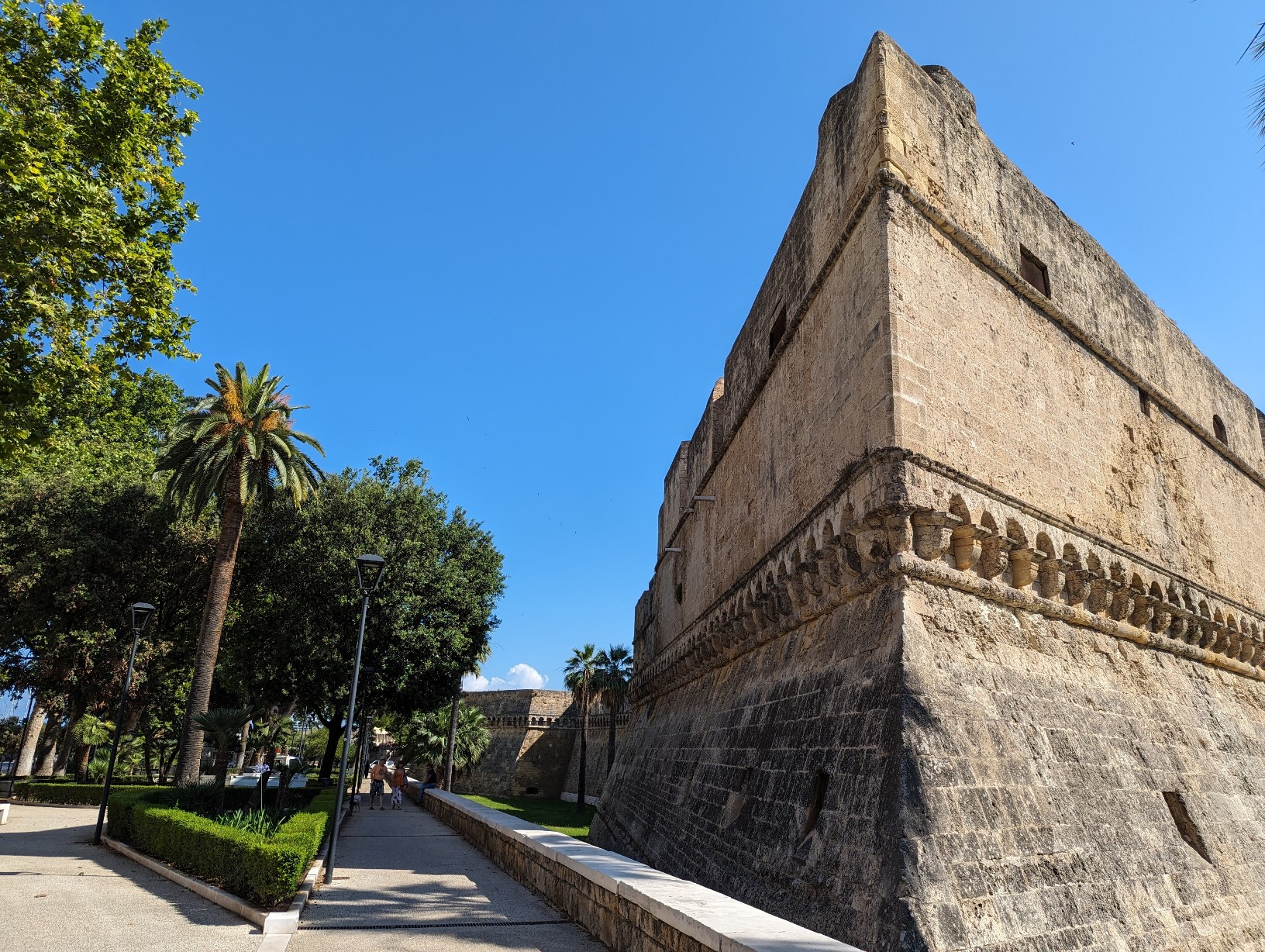
There was a repeat of the previous difficulties in finding the right booking office to transform your online ticket into a paper one (see Overland travel from Edinburgh to Greece 1). It was even worse this time as I hiked in seriously hot sun (despite the early time) and I walked for 1.5 hours and then had to go part way back. There is a free shuttle bus from the Albanian ticket office to the Greek one, but it’s hard to find out when it comes. There’s also a little cafe and toilets very near the Albanian ticket office in the port, but otherwise it’s a great big car park with no pavements. Though the ferry leaves at lunchtime (the summer timetable has a Sunday crossing), there was no time for sight-seeing in the morning. Instead of walking, you could look for a bus from the centre of Bari to the enormous port.
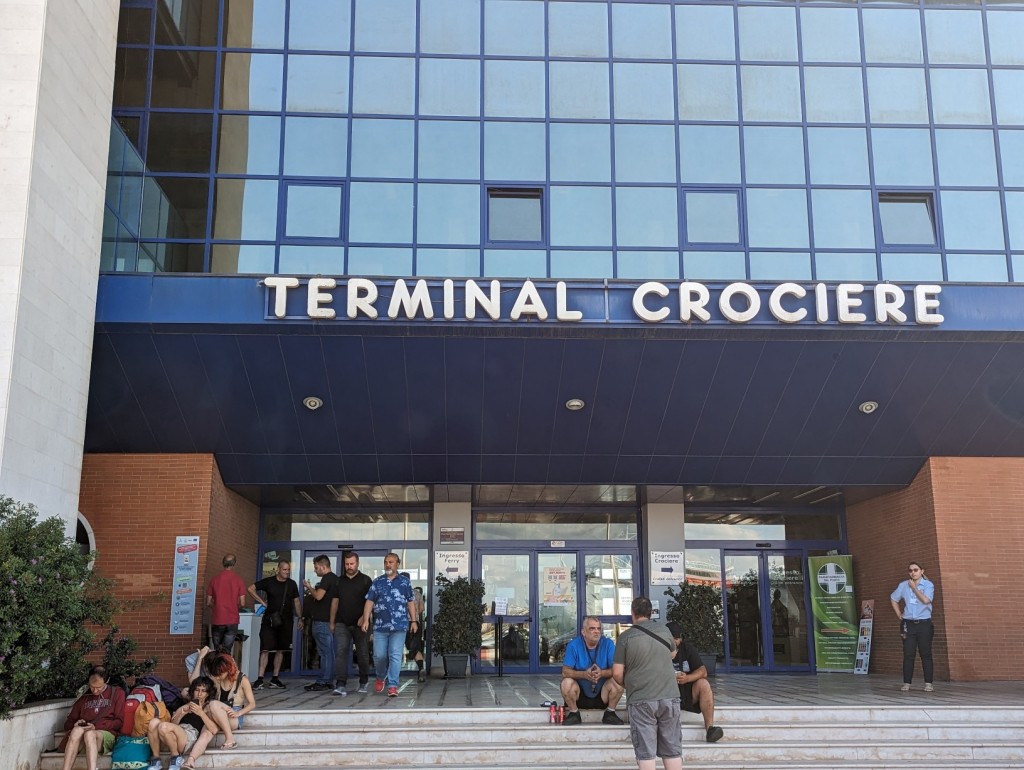
Bari – Igoumenitsa by boat with Superfast Ferries. The outgoing route was paid via Interrail, the return not, as the over 60s fare was cheaper. Severely delayed. I booked a Deck Seat (you have to book somewhere – note that cabins work out as more than a posh cruise ticket!). Deck seats are not on deck, they are inside. A shower (not clean) is available – ask at reception and a man will take you there with the key and wait until you finish. There is a cafe with stressed staff and 2 restaurants which open later: one self-service (decent prices), and one other.
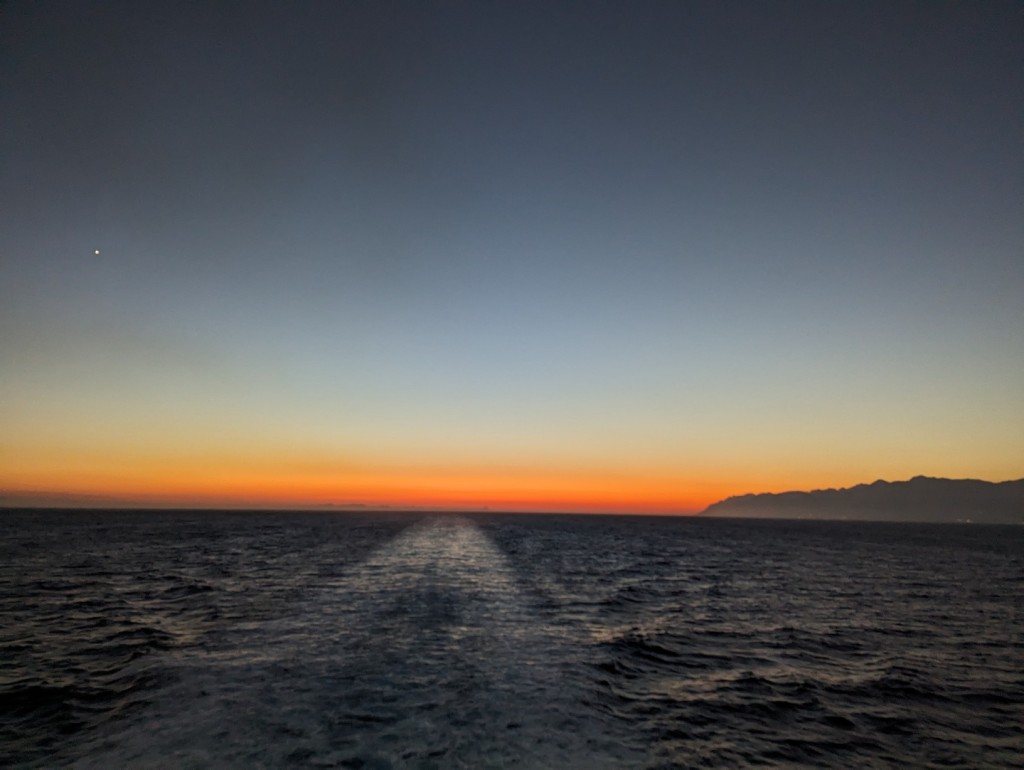
In Igoumenitsa, I stayed overnight at Maria’s rooms CHANTZARA SPYROPOULOS Flats to Let-City Center via booking.com. I don’t like the site (I had a bad experience that was never addressed in Finistere and there is excessive advertising) but they have a monopoly. Remember to check every detail you can think of and read the reviews before booking. Cost €45.57 +kitchen balcony clean, has Wi-Fi. – when I arrived there was no-one there and although it was clearly marked I couldn’t initially find it in the dark and was slightly discombobulated. The host arrived soon afterwards. He was understanding re. my late arrival, but it was awkward.
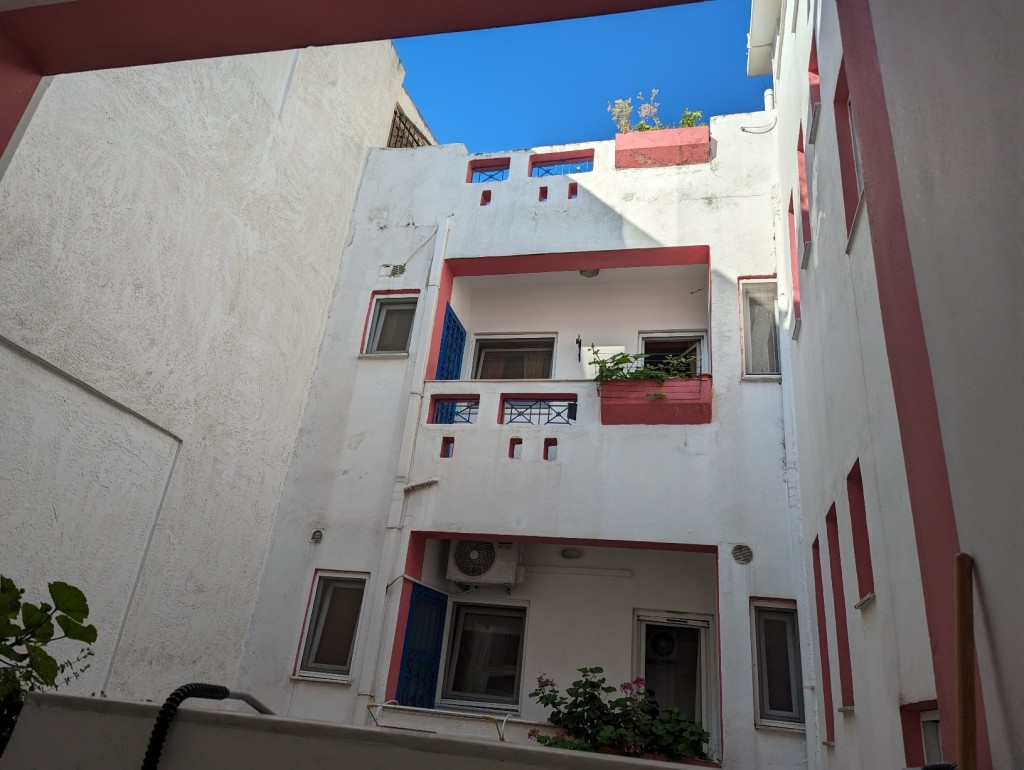
Day 4: Igoumenitsa to Psarades
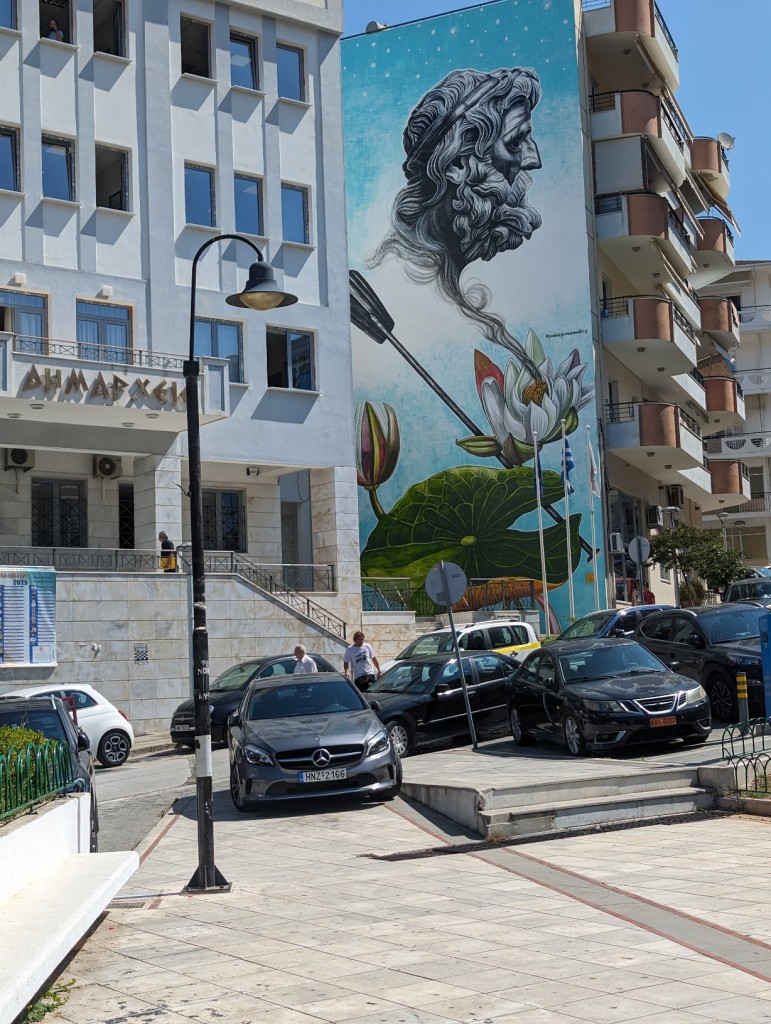
At this juncture I realised that I had made a big mistake thinking that Ionanina was an alternative name for Igoumenitsa. It seems really stupid now, but I didn’t doubt and so didn’t think to check. This meant that I had to take a bus to Ioannina and there aren’t that many so the woman who was kindly driving me from there to Psarades had to wait for me and we were both late arriving as a result. I was so embarrassed by the situation that I went into shops in Igoumenitsa asking if anyone knew how I could get there more quickly, having visions of myself travelling in a fish delivery van or something, but to no avail. Thank you so much to Korina for her kind acceptance of the situation and the great conversation during the journey.
There is a very nice, cool bar opposite the Igoumenitsa bus station. Note: it’s an uphill walk from town.
Western Macedonia
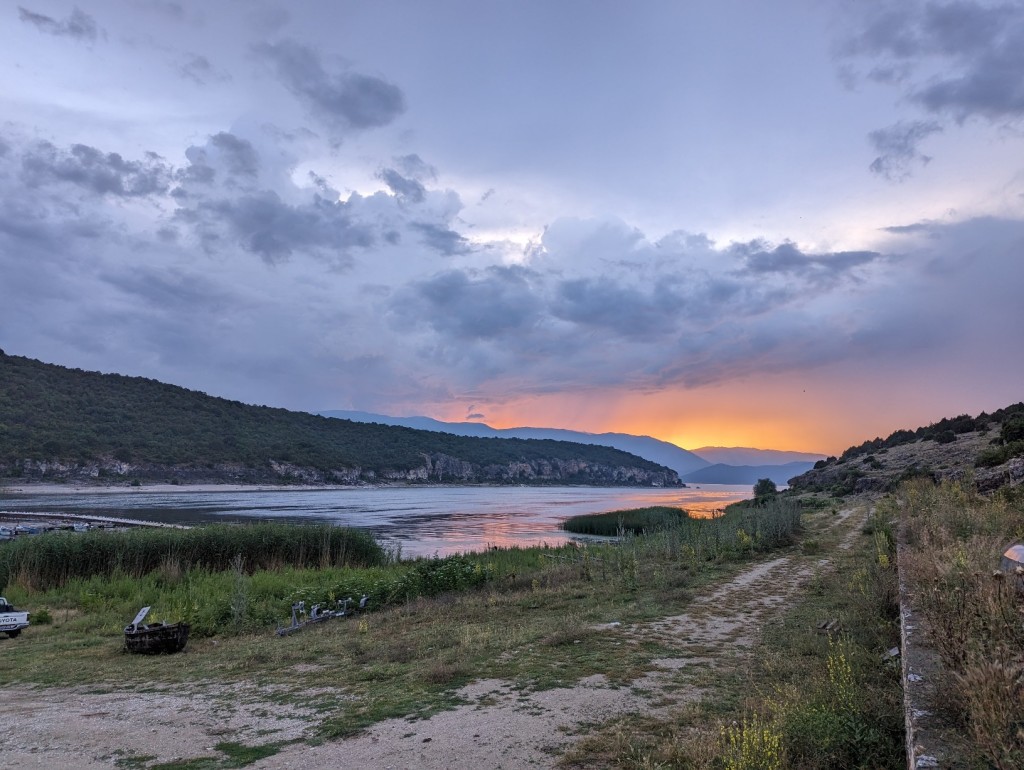
I was in Greece for the Walking Arts Encounters in Psarades / Prespa / Prespes which is a very small village by a big, beautiful lake in an Area of Outstanding Natural Beauty. It is surrounded by mountains and has lots of cafés / restaurants, a church, a small shop with gifts for sale, and some air bnb / B&B / hotel rooms. There is no public transport, but is a branch of the University of Western Macedonia (at the old station). Swimming: fantastic. Bird life: amazing. Walks and trails abound.
Return journey
Prespes – Florina by taxi. €75 divided between 3 people, but the price changes randomly and it is recommended that it be negotiated with the driver before he starts driving.
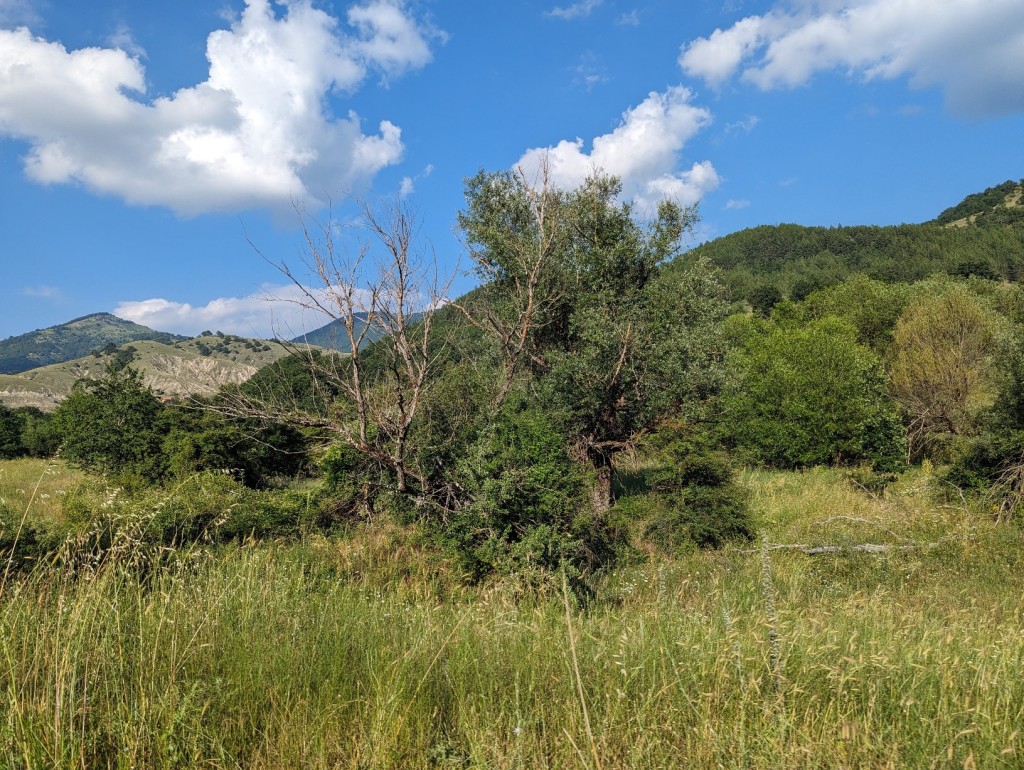
Filareti Hotel, Florina. A clean double room for €28, booked at the very last minute on booking.com. + bed, kind staff, clean, fluffy white towels, soap and shampoo, air con, location, balcony, Wi-Fi . – Drains smelly, no kitchen facilities.
Florina – Kozani by KTEL bus. €8.70 7am. Takes approx. 1 hour.
The alternative route from Psarades to Igoumenitsa is via Kastoria and Ioannina which cuts down 3 buses to 2. The taxi, however, is even more expensive from Psarades to Kastoria. Alternatively vía Thessaloniki – that’s a very long was round.
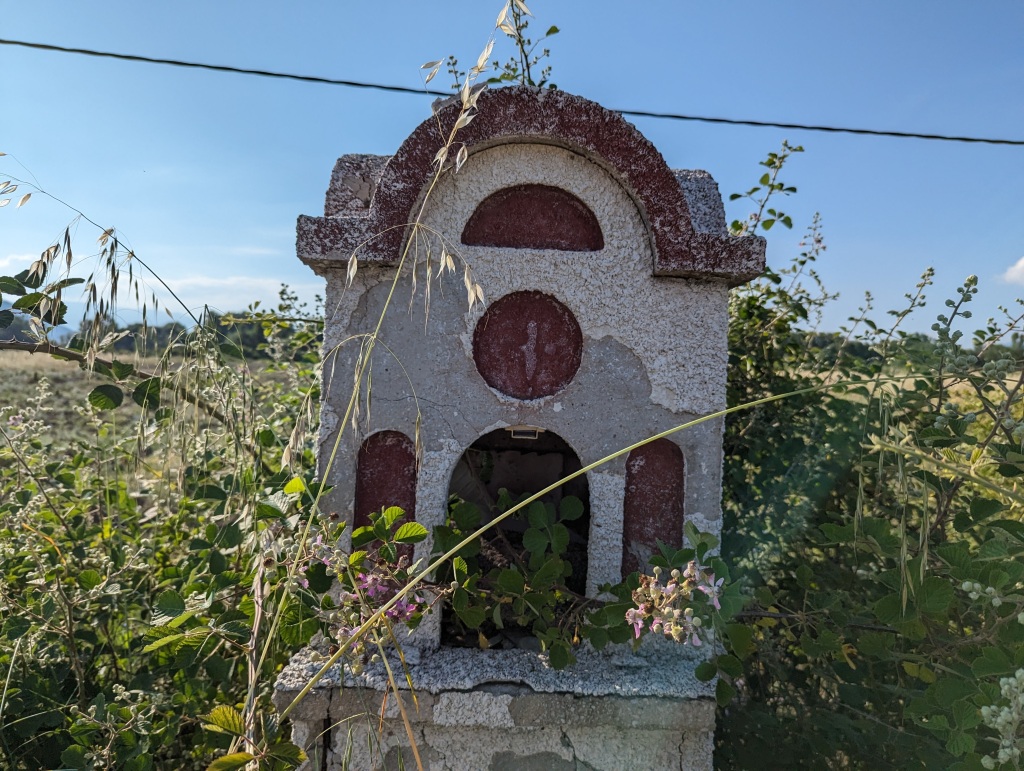
KTEL
You cannot book tickets online with a UK bank card and don’t bother emailing as they don’t answer. If you know someone who speaks Greek, you could ask them to phone on your behalf to get the times, or even possibly to book tickets. They are open on Sundays. See below before you do this.
KTEL buses and website: although the website translates some information into English, it doesn’t cope with English variations of place names or days of the week. D=Monday and so on. One way is to look up the place names with a translate app so you recognise them in Greek and then look at their drop-down menu. If you cannot find somewhere, that is probably because you’re on the wrong version of the site. Each bus station/place has its own version, so I suggest you put ‘KTEL Kozani to Ioannina’ into Google for example, and go from there. The same applies to their phone numbers: you must phone each individual bus station for the place of departure if you want information / to book tickets.
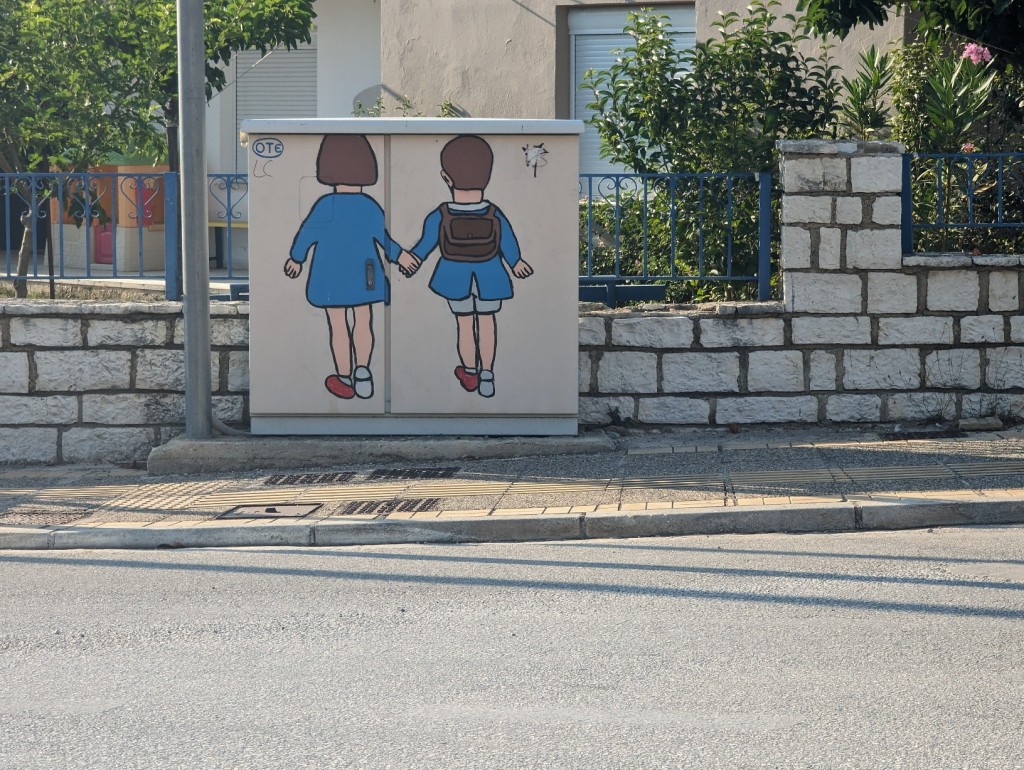
You may now understand why I suggest that you check how long it takes on the bus for a particular journey using Google maps and then allow an extra hour each side. Next, go to the first bus station and buy a ticket in person (everyone seems to speak some English) for the next bus which isn’t full, and so on down the line. Take (in other words) one step at a time, poco a poco. This is slow travel; there’s no point in going over land if you want to get there quickly; there are too many variables. Until all the different countries decide to co-operate and work out a way to make an efficient website which allows us to book all of this, it will be SLOW!
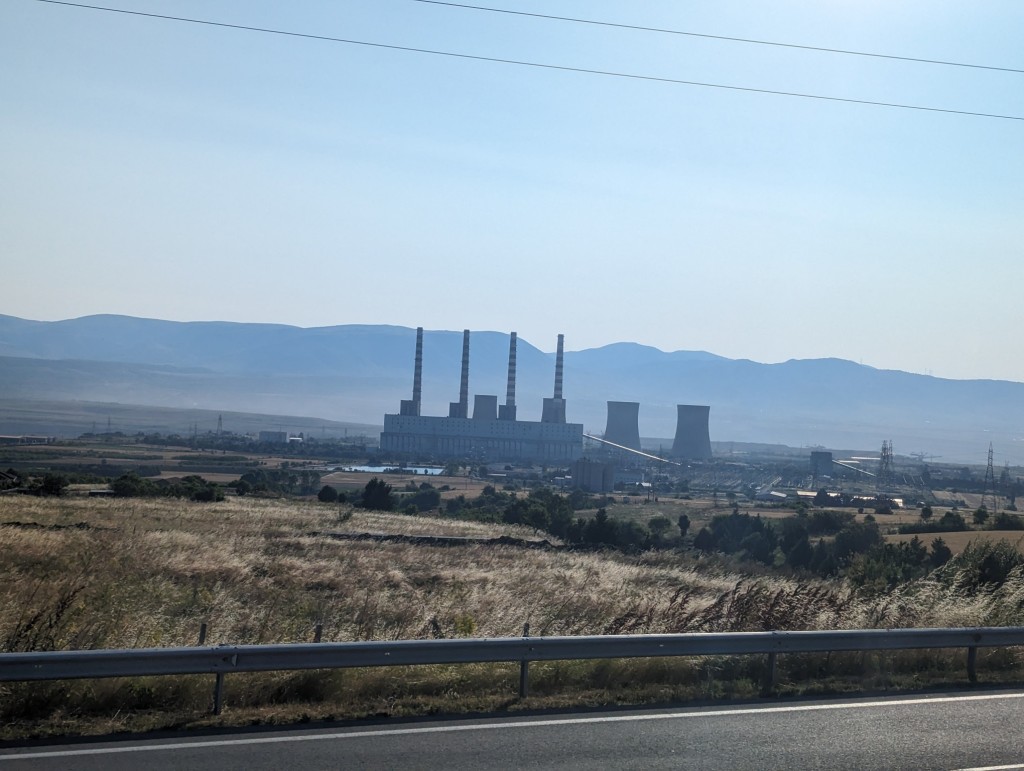
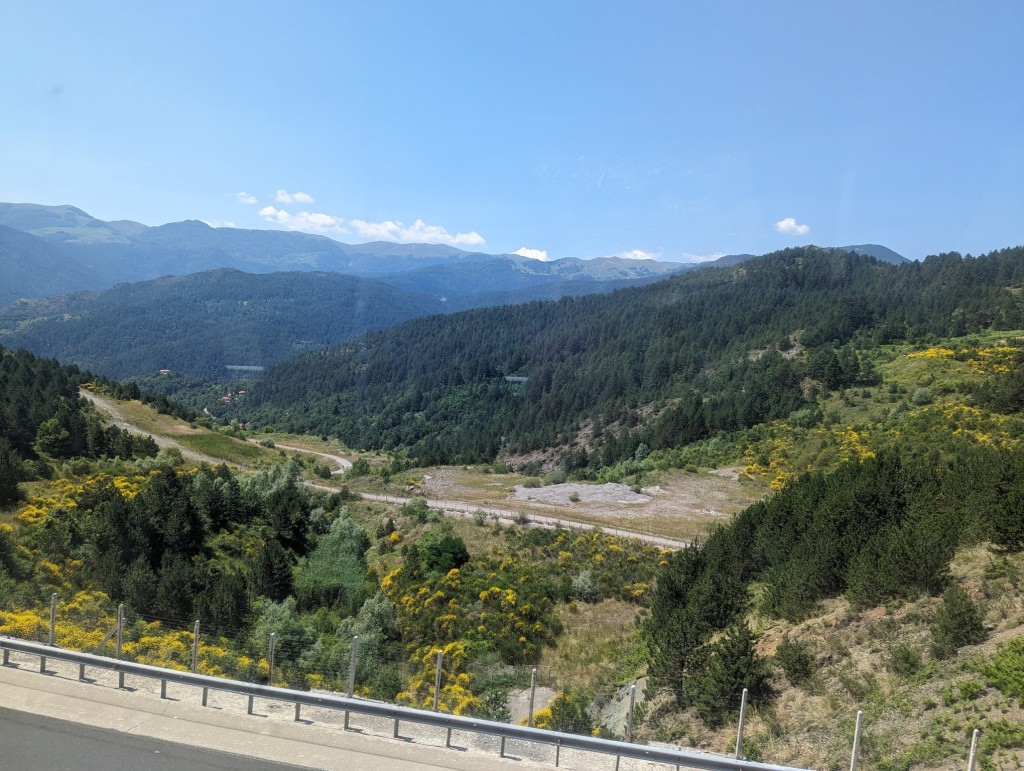
Note: there are no phone chargers, toilets or WiFi on KTEL buses as far as I can tell. They do stop to let folk on/off so if you were desperate they might oblige.
Kozani – Ioannina by KTEL bus €20.40 10.45 am. Takes approx. 1.5 hours. Lunch in Ioannina (see below) opposite the bus station (a kebab place: Greek salad, good wholemeal bread, a beer and a very clean WC.)
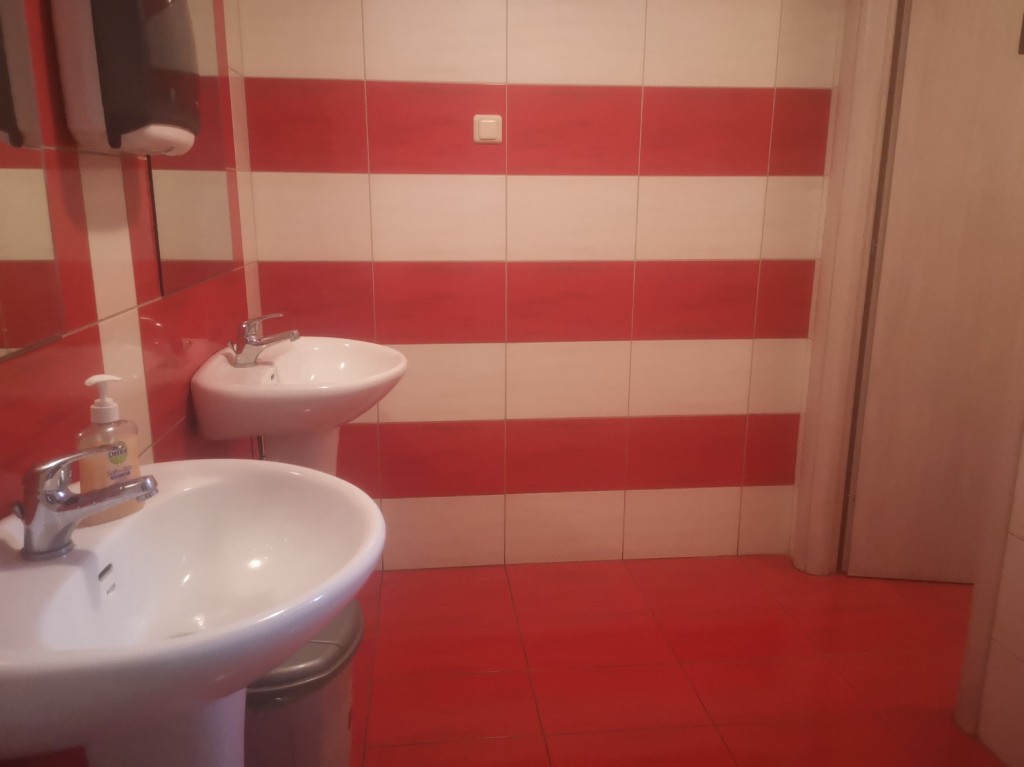
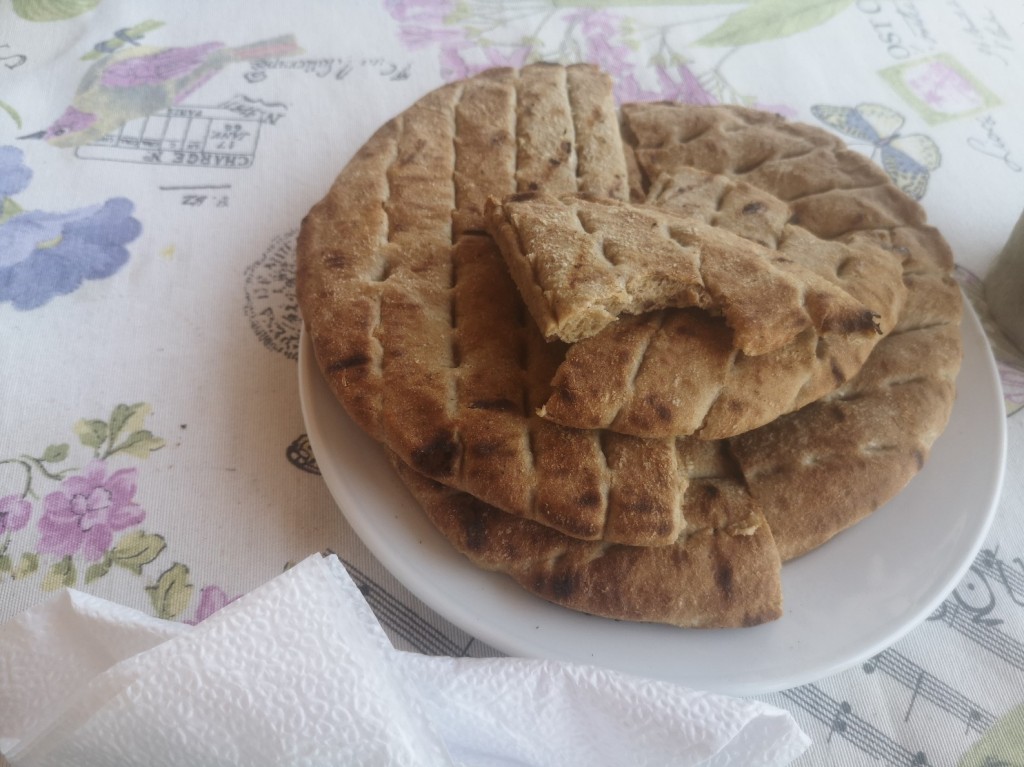
Ionanina – Igoumenitsa by KTEL bus €9.80 14.15 (2.15pm). Takes approx. 1 hour 45 mins. I arrived far too early (8 hours) for the midnight ferry, although remember that you need to book-in for the ferry early – see your ticket email for details.
There is good ferry port info. for Igoumenitsa (and more) here.


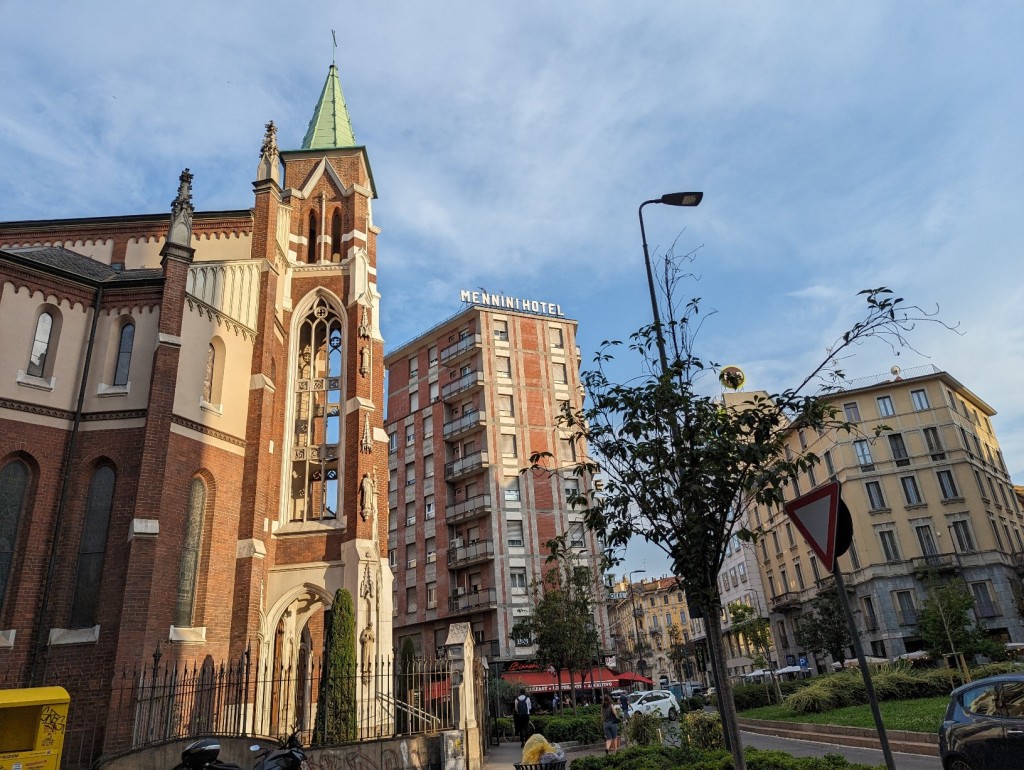
If you are also travelling overland in Europe, rather than flying, and have information you’d like to share, please add a comment below.































